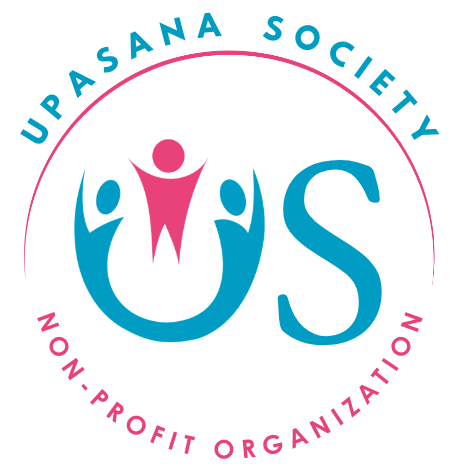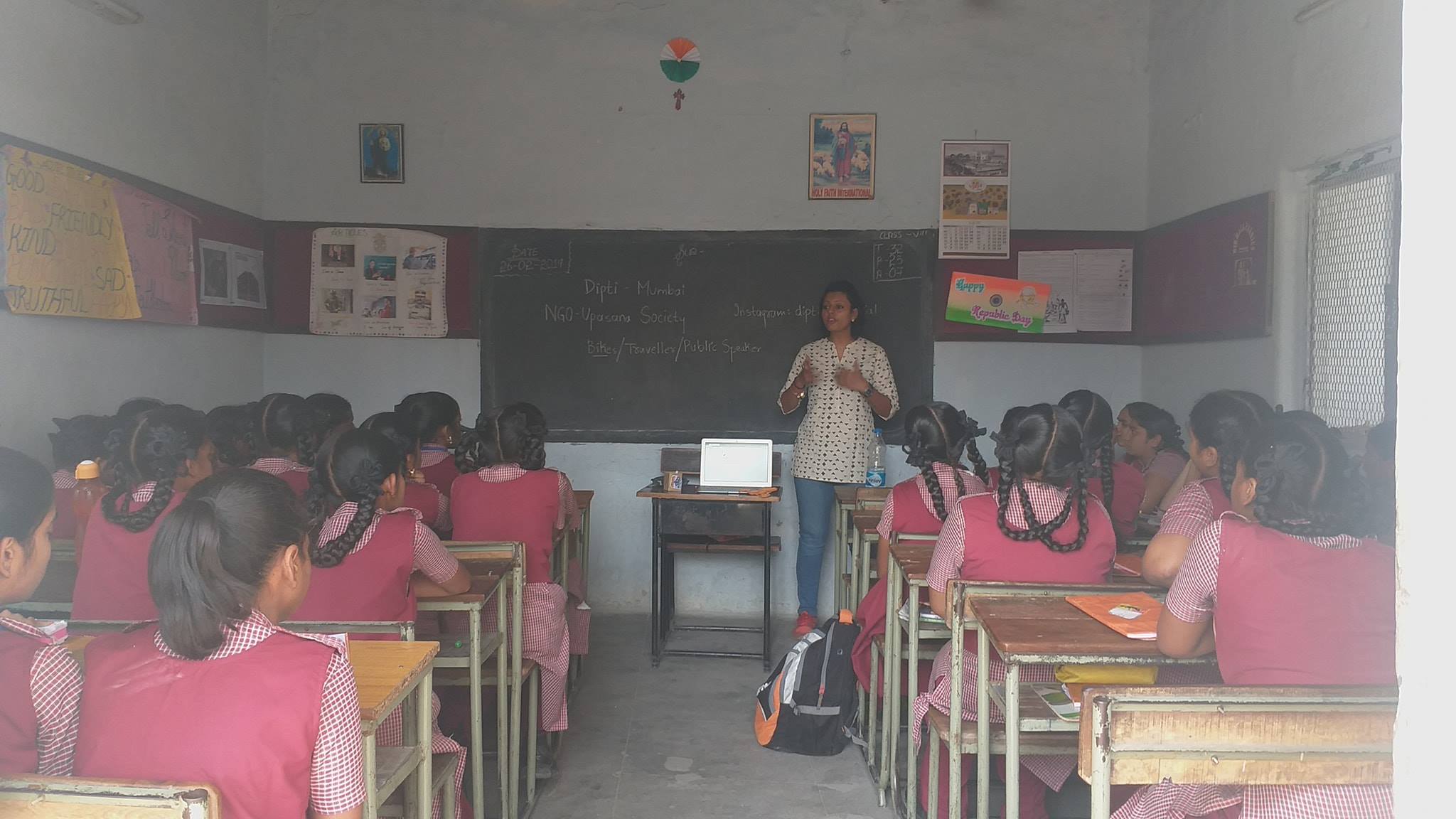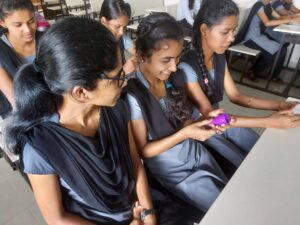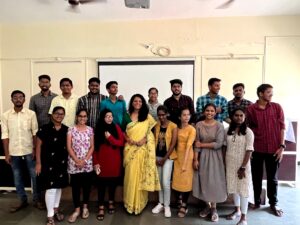Debunking Myths: Pickles and Food During Menstruation
Objective of PeriodCupCause:
The primary objective of the #PeriodCupCause is to promote menstrual hygiene awareness among both men and women. We also extend our support to underprivileged individuals who often struggle to afford menstrual cups, which are not readily available in local medical stores and are primarily sold online, limiting their accessibility. To fund our campaign, we organize informative sessions in various settings, including cities, organizations, schools, colleges, and privileged communities.
Introduction:
In many cultures, menstruation has been accompanied by a plethora of myths and taboos, some of which are both archaic and unfounded. One such myth suggests that women and girls should avoid touching pickles and food during their menstrual cycles to prevent spoilage. As part of the #PeriodCupCause campaign by Upasana Society NGO, we aim to debunk this myth and shed light on the facts surrounding this age-old belief.
Myth: Touching Pickles and Food During Menstruation Spoils Them
Fact: There’s No Scientific Basis
One of the most pervasive menstrual myths is the idea that a woman’s touch can spoil food, particularly pickles. However, there is no scientific basis to support this claim. Food spoilage primarily occurs due to the growth of microorganisms like bacteria and molds, which thrive under specific conditions, such as warmth and moisture. Menstruation has no bearing on these factors.
The Origin of the Myth:
The origin of this myth can be traced back to cultural and societal beliefs that associate menstruation with impurity. In many cultures, menstruating women were segregated or considered impure during their periods. Consequently, these beliefs extended to everyday activities, including food preparation.
The Importance of Education:
It is crucial to educate individuals and communities about the lack of scientific evidence supporting such myths. Women and girls should not be made to feel impure or restricted during their periods. Education plays a pivotal role in dispelling myths and promoting menstrual hygiene awareness.
Breaking the Taboos:
As part of the #PeriodCupCause campaign, we encourage open discussions about menstruation and aim to break the taboos surrounding it. Women and girls should not be subjected to restrictions or discrimination based on their natural biological processes.
In Conclusion:
Debunking myths like the one related to pickles and food during menstruation is essential for promoting gender equality and challenging age-old stigmas. Let us embrace knowledge and awareness, allowing women and girls to lead healthy and dignified lives throughout their menstrual cycles.
To delve deeper into how #PeriodCupCause is making a difference and to get involved, visit the campaign’s page #PeriodCupCause. Together, we can combat period poverty and ensure that every individual can manage their menstrual health with dignity and confidence.




